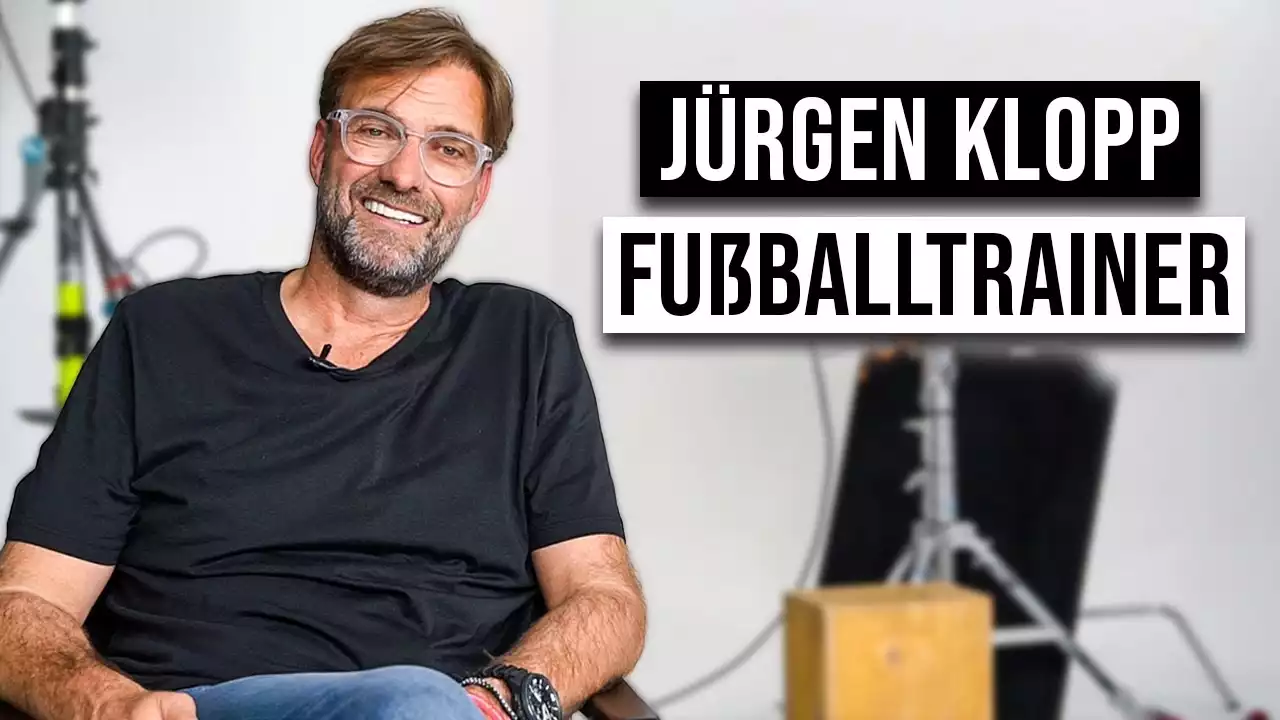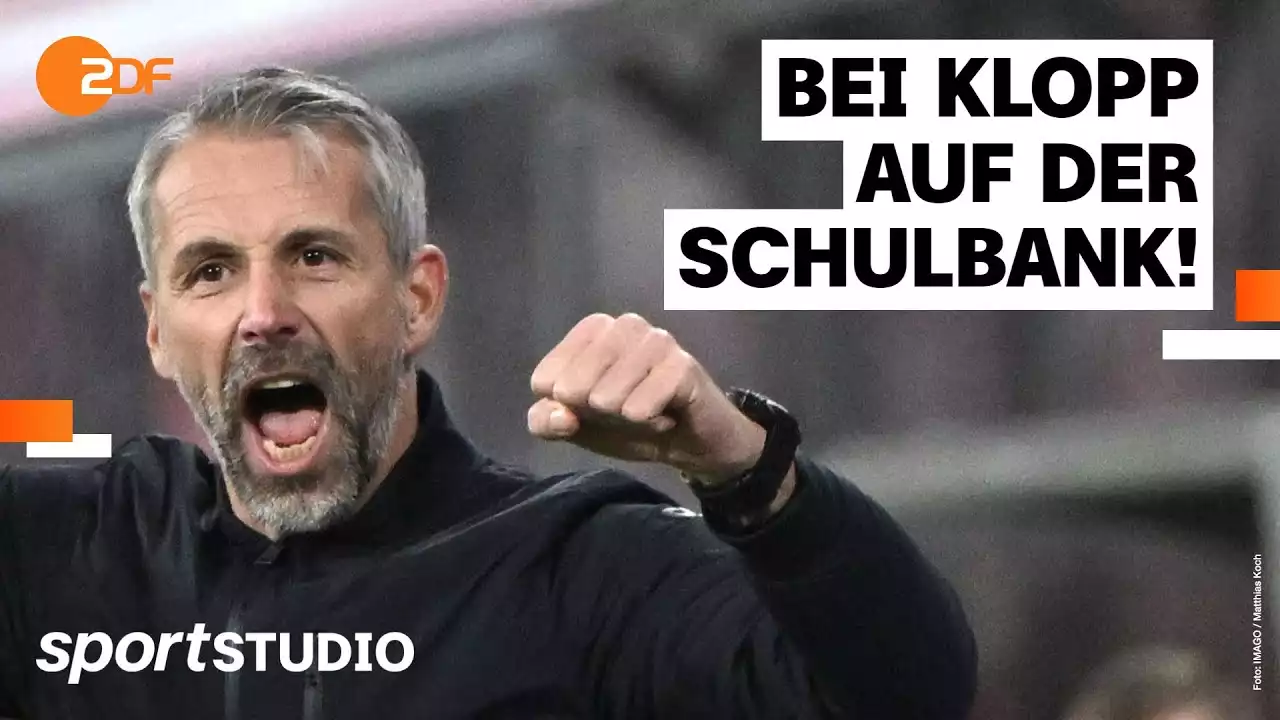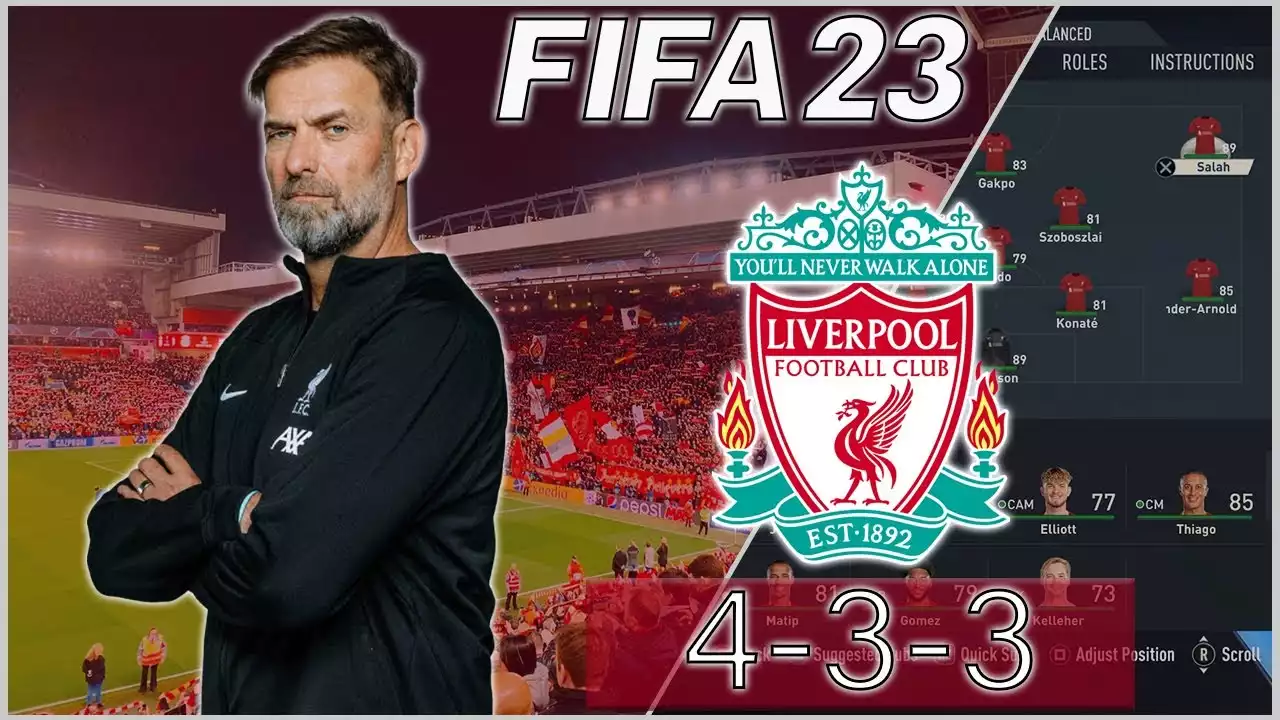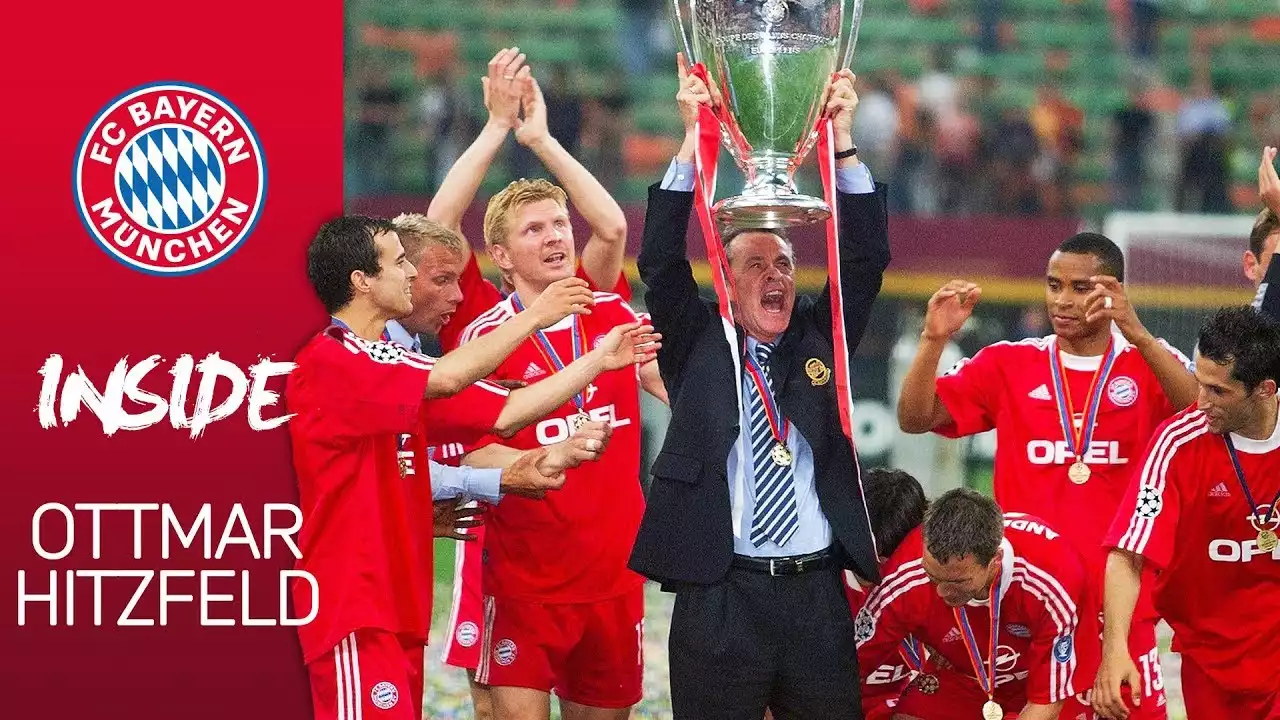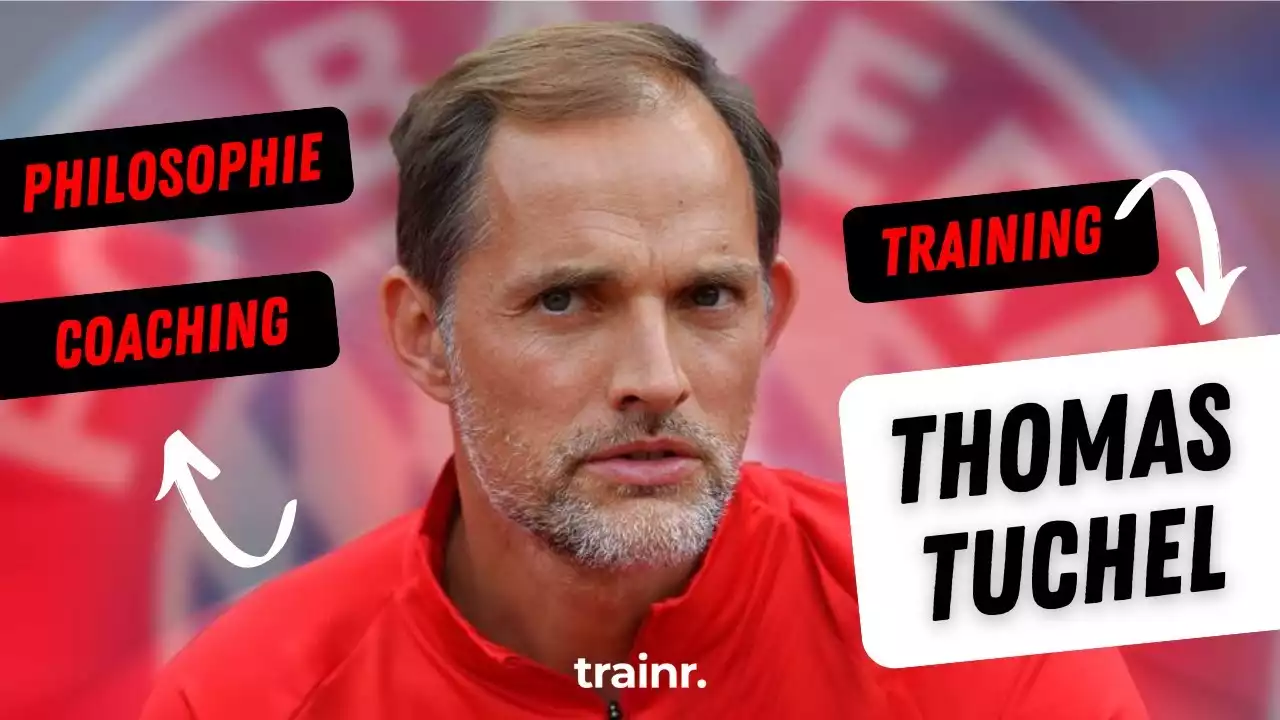The rise of Jurgen Klopp as a football manager
Jurgen Klopp's journey as a football manager is an inspiring tale of determination and passion. Born in Stuttgart, Germany, Klopp's love for the game was evident from a young age. After a modest playing career, Klopp transitioned into coaching, where he quickly made a name for himself. His first taste of success came with Mainz 05, a club he led to promotion to the Bundesliga for the first time in their history. Klopp's innovative tactics and motivational skills caught the attention of Borussia Dortmund, who appointed him as their head coach in 2008.
Overview of the DFB Pokal
The DFB Pokal, also known as the German Cup, is one of the most prestigious domestic football competitions in Germany. The tournament features teams from all levels of German football, ranging from amateur clubs to Bundesliga giants. The knockout format of the competition adds an element of excitement, as underdogs have the opportunity to cause upsets against more established teams. The winner of the DFB Pokal earns a spot in the following season's UEFA Europa League, adding further significance to the competition. Dortmund's success in the DFB Pokal under Klopp's guidance was nothing short of remarkable.
Jurgen Klopp's tactics and strategies in the DFB Pokal
Klopp's tactical acumen was on full display in the DFB Pokal, where he crafted game plans that bamboozled opponents. One of Klopp's signature tactics was gegenpressing, a high-intensity pressing style designed to win back possession quickly after losing the ball. This relentless approach put immense pressure on the opposition and allowed Dortmund to launch swift counter-attacks. Klopp's teams were known for their lightning-fast transitions and clinical finishing, which often caught opponents off guard. The effectiveness of Klopp's tactics was evident in Dortmund's performances in the DFB Pokal.
Key moments and successes with Dortmund in the DFB Pokal
Dortmund's journey in the DFB Pokal under Klopp's stewardship was filled with memorable moments and historic victories. One such moment came in the 2012-2013 season when Dortmund faced Bayern Munich in the final. Against all odds, Klopp's side produced a scintillating display of attacking football, dismantling Bayern with a resounding 5-2 victory. The result not only secured Dortmund's fourth DFB Pokal title but also showcased Klopp's ability to outwit even the most formidable opponents. The triumph over Bayern Munich will forever be etched in the annals of DFB Pokal history.
The impact of Jurgen Klopp's leadership on Dortmund's performance
Klopp's impact on Dortmund extended far beyond his tactical brilliance. His leadership style and ability to connect with his players were instrumental in fostering a winning mentality within the squad. Klopp's infectious passion for the game and his unwavering belief in his players instilled a sense of confidence and determination that propelled Dortmund to new heights. Under Klopp's guidance, players like Robert Lewandowski, Marco Reus, and Mats Hummels flourished, becoming integral components of Dortmund's success in the DFB Pokal. The strong bond between Klopp and his players created a formidable team that was difficult to overcome.
Comparisons with other successful football managers in the DFB Pokal
When discussing the greatest football managers in the history of the DFB Pokal, Jurgen Klopp's name is always part of the conversation. His achievements with Dortmund place him alongside legendary figures such as Ottmar Hitzfeld and Jupp Heynckes. Klopp's ability to consistently challenge and defeat top teams in the DFB Pokal has cemented his status as one of the all-time greats. His tactical innovations and charismatic leadership set him apart from his peers, making him a true legend of the game.
Jurgen Klopp's legacy in the DFB Pokal
Klopp's impact on Dortmund and the DFB Pokal cannot be overstated. His legacy is one of success, innovation, and inspiration. Dortmund's triumphs under Klopp's guidance inspired a new generation of football fans and coaches, who sought to replicate his tactical genius and leadership style. Klopp's influence on the game extends far beyond the DFB Pokal, as his achievements with Liverpool in the English Premier League further solidify his status as a coaching icon. Jurgen Klopp's name will forever be associated with greatness in the world of football.
Lessons learned from Jurgen Klopp's strategies in the DFB Pokal
Studying Jurgen Klopp's strategies in the DFB Pokal can provide valuable insights for aspiring coaches and players. Klopp's gegenpressing style of play, characterized by its high-intensity and relentless pressing, showcases the importance of a cohesive and disciplined defensive unit. The ability to quickly regain possession and launch swift counter-attacks requires a well-drilled team that understands their roles and responsibilities. Klopp's emphasis on team spirit and unity also highlights the significance of fostering a positive and supportive environment within the squad. These lessons, derived from Klopp's strategies in the DFB Pokal, can be applied to various levels of the game.
Jurgen Klopp's lasting impact on Dortmund and the DFB Pokal
Jurgen Klopp's tenure with Borussia Dortmund in the DFB Pokal is a testament to his brilliance as a strategist and leader. His innovative tactics, charismatic personality, and unwavering dedication to the beautiful game have left an indelible mark on Dortmund's history. Klopp's successes in the DFB Pokal, including the memorable victory over Bayern Munich, will forever be remembered as iconic moments in German football. Klopp's legacy extends beyond his time with Dortmund, as he continues to inspire and captivate with his achievements at Liverpool. Jurgen Klopp's name will forever be associated with greatness, and his impact on the DFB Pokal will be felt for generations to come.
